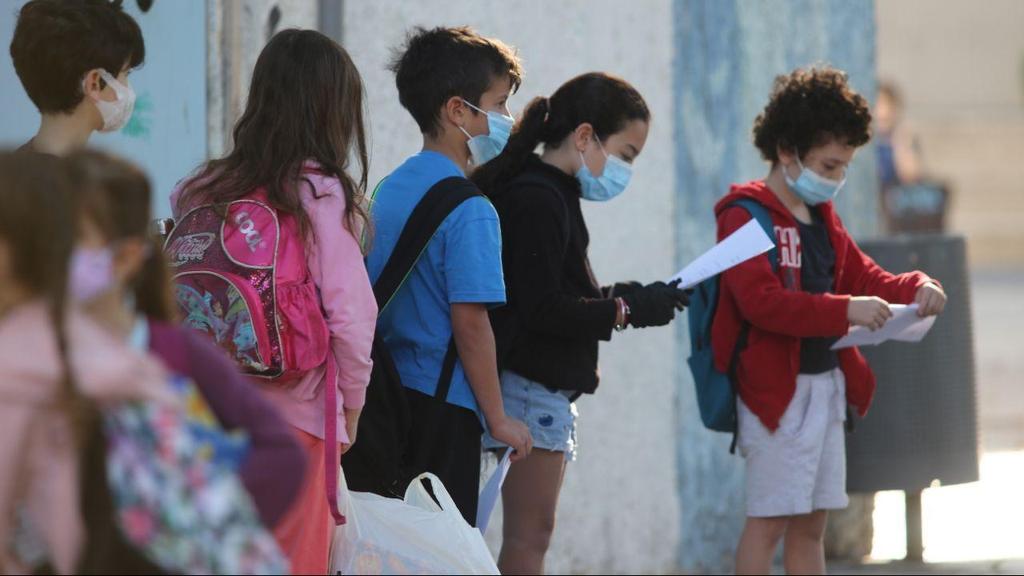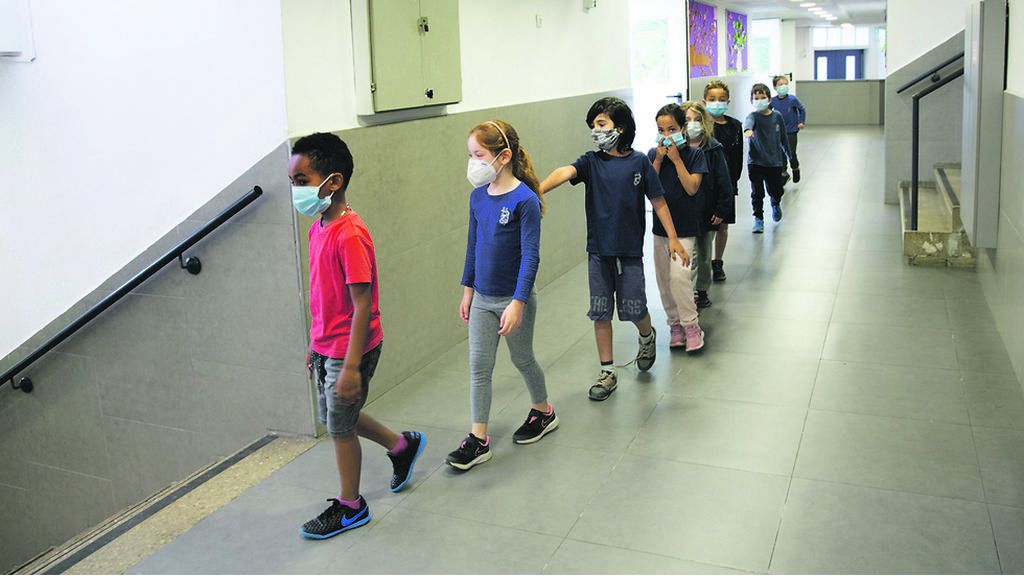An international study examining the quality of life of children around the world sheds troubling light on child welfare in Israel.
The Children’s Worlds: International Survey of Children’s Well-Being examined life for 125,000 children in 35 countries around the world. In Israel, the researchers questioned 4,867 children between the ages of 8 and 12 from various sectors across the country, excluding the ultra-Orthodox community.
3 View gallery


Israeli children protesting poor schooling conditions in the country
(Photo: Gil Yohanan)
According to the survey, 16% of Israeli children lack required school equipment, with only Namibia and Nepal having a higher percentage of children without such gear.
The survey also revealed that approximately 18% of Israeli children lack proper clothing and 19% lack serviceable footwear - putting Israel in last place and second to last place in these respective categories.
Approximate 20% of Israeli children come from families that cannot afford to pay for school trips; only eight other countries in the survey had a worse ranking.
Regarding diet, 4.5% of the Israeli children questioned said they only occasionally have enough food, while 0.8% said that they regularly do not have enough to eat.
When it comes to communication, 72.7% of the Israeli children surveyed said they have access to both a cell phone and internet (excluding the ultra-Orthodox community) - putting Israel in 18th place among the 35 countries surveyed.
The survey shows a dramatic disparity between Israel's Arab and Jewish children, with more Arab children reporting a shortage of all items as compared to Jewish children.
Particularly notable was the fact that more than 30% of Arab children aged 10 to 12 do not have access to the internet and nearly 30% said that they do not have sufficient shoes and clothing.
The data also shows that 30% of children aged 10 and 12 in the Arab sector do not receive pocket money or have enough money for school trips.
There were also significant gaps between Jews and Arabs when it came to clothing, school supplies and family vacations.
Particularly noticeable is the gap between Jewish and Arab children aged 8 years old, with at least 40% of respondents saying they do not have shoes and clothes in good condition, school supplies or equipment for sports or hobbies.
"The data reveals the very large material gaps that exist in the population and indicate that there are children in Israel who live in the same conditions as those in a developing country and not a developed country," said the study researchers.
"The fact that in Israel today there are still children who do not always have enough food should definitely bother us and the policy-makers. The 33 percent of Arab children aged 10 and 12 who do not have access to the internet cannot participate in distance learning and may in fact be denied the right of education during this period," they said.
The survey in Israel was conducted by Prof. Asher Ben-Arieh and Dr. Hanita Kosher from the Hebrew University of Jeruslaem, Dr. Dafna Gross-Manos from Tel Hai Academic College and Sagit Brock of the Haruv Institute.
Since the survey was conducted before the outbreak of the coronavirus pandemic, Dr. Gross-Manos, the figures shown in the survey are expected to get much worse due to the prevalent economic crisis in Israel, especially in the Arab and Ultra-Orthodox communities.



